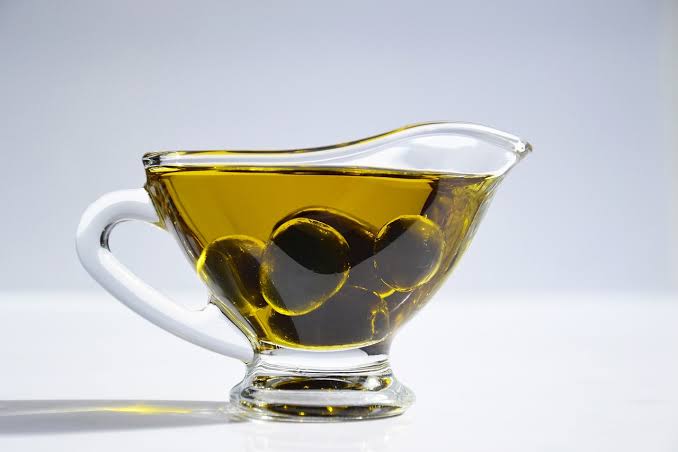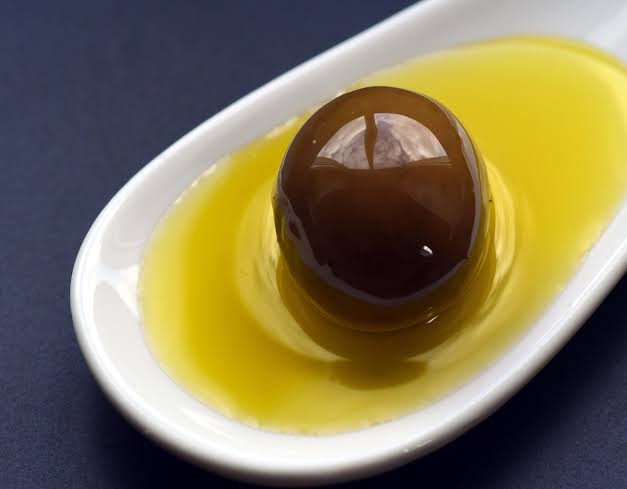In recent years, there has been a growing interest in natural and organic skincare products. Among the myriad of options, olive oil has emerged as a popular choice due to its numerous purported benefits for the skin. Olive oil has been used for centuries, both in culinary and medicinal applications, and its skincare potential is rooted in the chemistry of its composition. This article aims to delve into the scientific principles behind how olive oil can aid in skincare, providing an in-depth understanding of its chemical properties and the resulting benefits for our skin.
Table of contents
- The Composition of Olive Oil: A Chemical Overview
- Antioxidant Power: Protecting the Skin from Oxidative Stress
- Moisturization and Hydration: Emollient Properties of Olive Oil
- Fighting Inflammation: The Anti-Inflammatory Potential of Olive Oil
- Vitamin and Nutrient Boost: Nourishing the Skin from Within
- Promoting Skin Regeneration: Enhancing the Healing Process
- Effective Makeup Removal: Olive Oil as a Cleansing Agent
- Precautions and Considerations: Choosing and Using Olive Oil for Skincare
- Bibliography
The Composition of Olive Oil: A Chemical Overview
To understand how olive oil benefits the skin, it is essential to explore its chemical composition. Olive oil is predominantly made up of triglycerides, which consist of glycerol and three fatty acid chains. The primary fatty acids found in olive oil are oleic acid, linoleic acid, and palmitic acid. Additionally, olive oil contains other compounds, including phenols, squalene, and tocopherols, which contribute to its skincare properties.
Antioxidant Power: Protecting the Skin from Oxidative Stress
Olive oil is rich in antioxidants, particularly phenolic compounds such as hydroxytyrosol and oleuropein. These antioxidants help combat oxidative stress caused by free radicals, which can damage the skin cells and accelerate aging. By neutralizing free radicals, olive oil helps to maintain the skin’s youthful appearance and protects it from environmental aggressors.
Moisturization and Hydration: Emollient Properties of Olive Oil
One of the primary benefits of olive oil for skincare lies in its ability to moisturize and hydrate the skin. The fatty acids present in olive oil act as emollients, forming a protective barrier on the skin’s surface, preventing moisture loss, and enhancing skin softness and smoothness. Furthermore, olive oil promotes the absorption of water into the skin, increasing hydration levels.
Fighting Inflammation: The Anti-Inflammatory Potential of Olive Oil
Chronic inflammation can lead to various skin conditions, including acne, eczema, and psoriasis. Olive oil possesses anti-inflammatory properties attributed to its phenolic compounds and squalene content. These compounds help reduce inflammation, alleviate redness and swelling, and promote a calmer complexion.
Vitamin and Nutrient Boost: Nourishing the Skin from Within
Olive oil contains several vitamins and nutrients that are beneficial for the skin. Vitamin E, in particular, acts as a potent antioxidant, protecting the skin from damage caused by UV radiation and promoting overall skin health. Other nutrients, such as polyphenols and phytosterols, contribute to skin nourishment and play a role in maintaining its elasticity and firmness.

Promoting Skin Regeneration: Enhancing the Healing Process
The phenolic compounds found in olive oil exhibit wound healing properties by stimulating cell regeneration and tissue repair. Oleuropein, in particular, has been shown to accelerate the healing process and improve the appearance of scars. This property makes olive oil a valuable ingredient in skincare products designed to address skin damage and promote recovery.
Effective Makeup Removal: Olive Oil as a Cleansing Agent
Olive oil’s lipid-loving nature enables it to dissolve and remove makeup effectively. When applied to the skin, it can break down stubborn cosmetic products, allowing for gentle and efficient removal without stripping the skin of its natural oils. This makes olive oil an excellent natural alternative to conventional makeup removers.
Precautions and Considerations: Choosing and Using Olive Oil for Skincare
While olive oil offers numerous skincare benefits, it is important to exercise caution when selecting and using it. Opting for extra virgin olive oil, which is minimally processed, ensures the highest quality and retains the most beneficial compounds. However, individuals with specific skin conditions or allergies should consult a dermatologist before incorporating olive oil into their skincare routine.
Bibliography
- Boskou, D. (Ed.). (2011). Olive oil: Chemistry and technology (2nd ed.). AOCS Press.
- Forbes-Hernandez, T. Y., Giampieri, F., Gasparrini, M., et al. (2018). The effects of bioactive compounds from plant foods on mitochondrial function: A focus on apoptotic mechanisms. Food and Chemical Toxicology, 120, 207-222.
- Gorzynik-Debicka, M., Przychodzen, P., Cappello, F., et al. (2018). Potential health benefits of olive oil and plant polyphenols. International Journal of Molecular Sciences, 19(3), 686.
- Kelebek, H., Selli, S., & Canbas, A. (2009). HPLC determination of organic acids, sugars, phenolic compositions, and antioxidant capacity of orange juice and orange wine made from a Turkish cv. Kozan. Microchemical Journal, 91(2), 187-192.
- Tsoureli-Nikita, E., Hercogova, J., & Lotti, T. (2009). Skin cleansers. Dermatologic Therapy, 22(1), 37-42.



 For all latest articles, follow on Google News
For all latest articles, follow on Google News